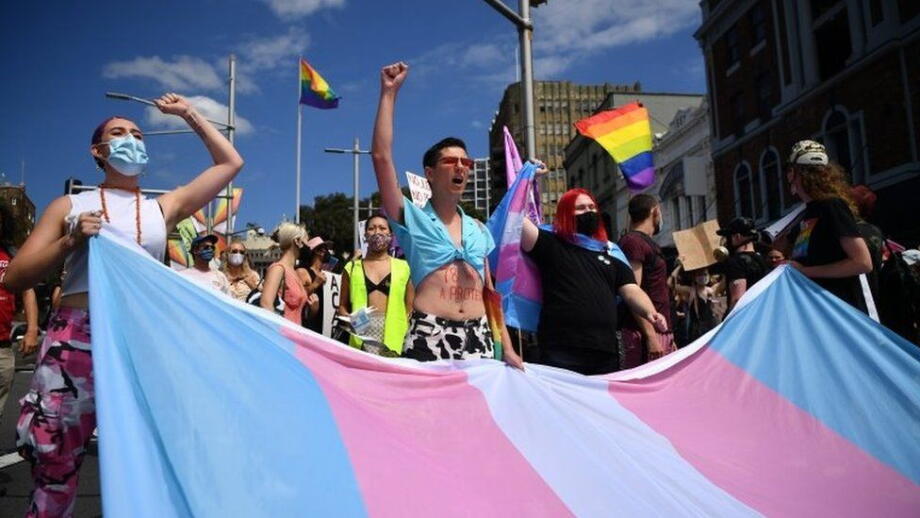In Short:
Our research finds that people tend to view women’s bodies through a moral lens far more often than men’s bodies. This means that when considering issues related to bodily autonomy, such as decisions about appearance or health, people are more likely to frame these as moral questions for women but not for men.
Overview
For centuries, women across the globe have experienced various forms of societal control over their bodies. This control manifests in numerous ways, from dress codes and limitations on healthcare access to regulations concerning reproductive rights. It is notable that many of these rules specifically target women’s bodies and choices, while similar restrictions are either absent for men or are not discussed in the same way.
This research from GIWL Director Professor Michelle Ryan indicates that people tend to view women’s bodies through a moral lens far more often than men’s bodies. This means that when considering issues related to bodily autonomy, such as decisions about appearance or health, people are more likely to frame these as moral questions for women but not for men. This tendency to moralise women’s bodies could help explain why society often places stricter controls and judgments on women’s bodies compared to men’s.
Across two studies with US samples, we show that people draw more strongly on morality when justifying their views about women's (vs. men's) autonomy over their bodies. Study 1 showed that a wide range of body-related behaviours were seen as more of a moral issue for women than for men—a pattern that was absent for behaviours unrelated to bodily autonomy. Study 2 focused on a context with more opposition to women's bodily autonomy (public toplessness) and showed that people drew more strongly on morality when justifying their opposition to women's, compared to men's, bodily autonomy. Exploratory analyses suggested that sexist beliefs may play an important role in such gendered moralisation.
Contact
Michelle Ryan
Director
Intersectionality & identity, Leadership & the Glass Cliff, Relationships & the care economy, The workplace & working lives
You may also like
Sex wars and TERF wars
An increasing number of people identify as feminists, but there is disagreement about whom and what feminism should be fighting for.
Gender expectations, socioeconomic inequalities and definitions of career success
Higher Education is generally regarded as a pathway to career opportunities, and research shows that students' expectations of their career success while they are studying are an important…
"Fitting in whilst standing out"
Professional British women of African, Asian, and Caribbean ethnicities contend with unique challenges and experiences in the workplace. These challenges are often due to experiences that occur at…




